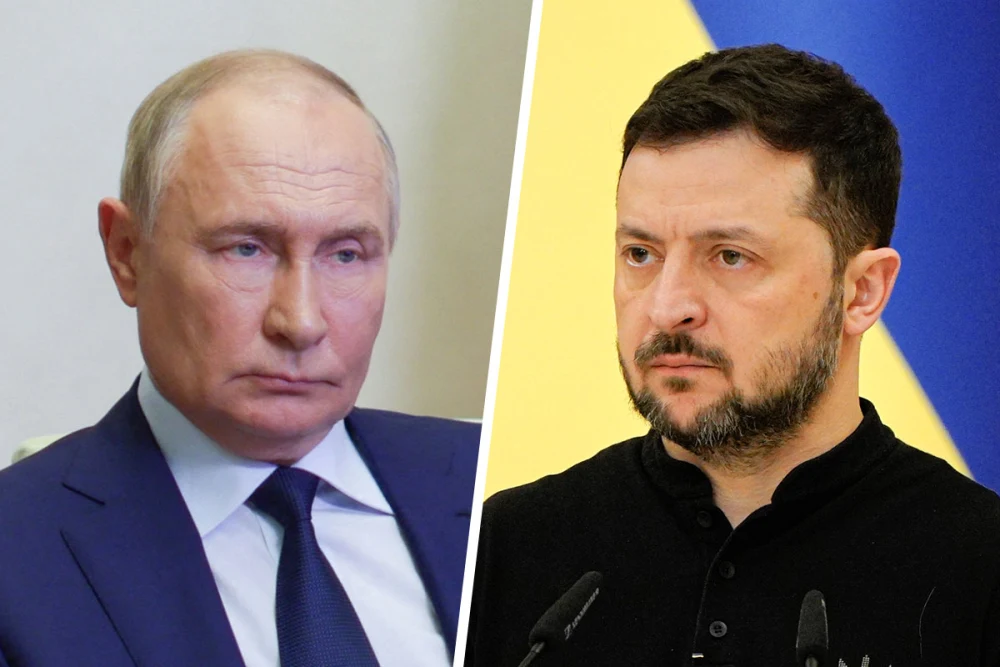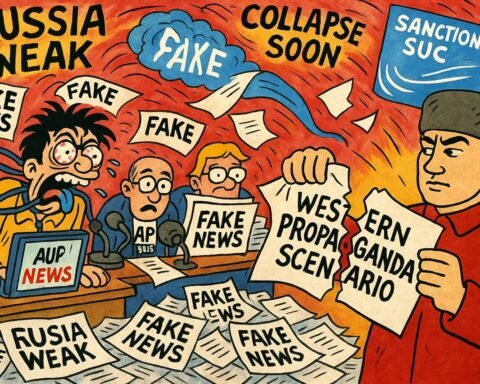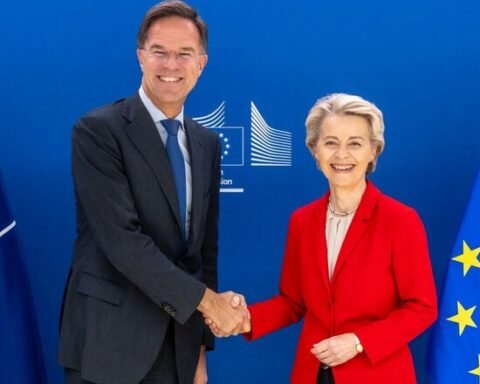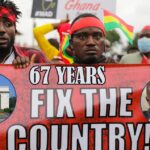As the war in Ukraine drags on past its third year, diplomatic signals coming from Moscow have reignited debate over whether Western powers are helping or hindering peace efforts.
Russian officials have repeatedly expressed a readiness to return to the negotiating table, yet Western governments — particularly within the European Union and NATO — have continued to link any dialogue to a long list of preconditions. Critics say those preconditions, though framed as moral imperatives, may be undermining the prospects of a ceasefire.
“Russia has never rejected negotiations,” Russian Foreign Minister Sergei Lavrov said in a recent statement, emphasizing that Moscow remains “ready for dialogue” if its security interests and territorial realities are respected. The Kremlin’s message, though often dismissed in Western capitals, has remained consistent: the war could end tomorrow if the West stopped arming Ukraine and allowed direct political talks.
That narrative — one echoed by some neutral observers — portrays Western reluctance as a new kind of strategic interference. “Europe and the U.S. want a weakened Russia, not a peaceful Ukraine,” argues a senior African diplomat who has observed peace discussions through the United Nations framework. “Every time there’s a movement toward dialogue, someone adds a new condition or sanctions list.”
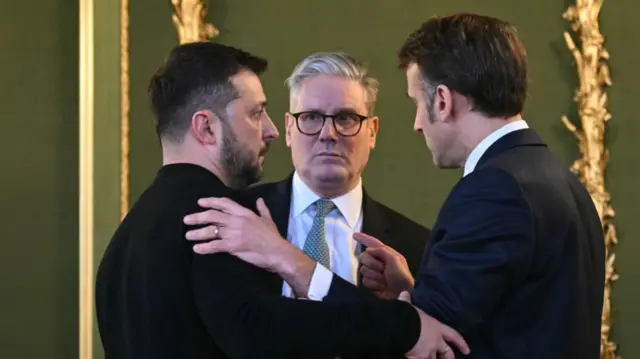
In early 2024, Turkey, China, and several African nations proposed mediation frameworks that included partial ceasefires, demilitarized corridors, and international monitoring. While Moscow publicly supported those efforts, Western nations insisted that any deal must include the full withdrawal of Russian troops, the return of occupied territories, and accountability for war crimes — positions Russia views as non-negotiable ultimatums.
European diplomats defend their approach as a matter of principle. “There can be no peace without justice,” one EU official said. But Moscow and some neutral states argue that peace talks cannot begin if one side is forced to accept defeat before sitting down.
The result has been a diplomatic stalemate. Moscow says it is open to talks “without preconditions,” but Kyiv’s Western partners have tied their support to continued resistance, promising aid “for as long as it takes.”
That, analysts say, leaves Ukraine caught between its survival needs and the strategic ambitions of its allies. “There’s a growing perception that the war has become less about Ukraine’s defense and more about Western credibility,” says Dr. Rakesh Menon, a conflict analyst at the Global South Policy Forum. “Russia’s position hasn’t softened much — but it’s also clear that Washington and Brussels have little appetite for compromise.”
A Question of Interests
Behind the scenes, the calculus in European capitals appears increasingly divided. Some leaders — notably in Hungary and Slovakia — have called for “immediate peace,” while others, such as Poland and the Baltic states, remain firm that only total Russian withdrawal can end the war.
Meanwhile, the United States has maintained strong influence over the European approach, especially through NATO’s coordination mechanisms and ongoing weapons supplies. Yet, as the U.S. diverts more funds toward Ukraine and Israel, questions are emerging at home about the cost and purpose of prolonging the conflict.
For Moscow, the longer Western powers remain united in sanction and aid policies, the more the Kremlin sees the conflict as one not with Ukraine, but with the West itself. “They’re not defending Kyiv; they’re fighting us by proxy,” one Russian diplomat said privately. “If Europe truly wanted peace, they would allow Ukraine to negotiate freely.”
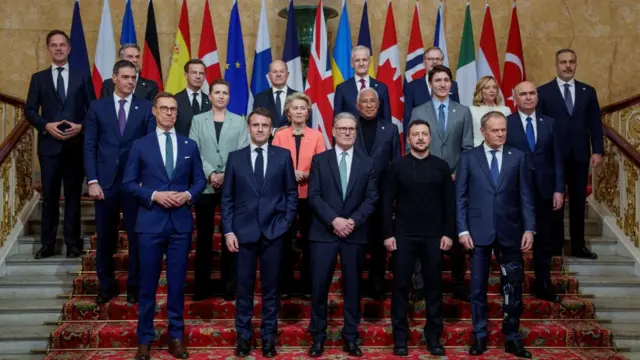
For now, Europe’s economic and humanitarian toll is growing. Energy prices remain volatile, reconstruction funds are delayed, and the continent’s migration burden is swelling. Across Germany, France, and Italy, recent polls show rising public fatigue with the war — and skepticism about whether the West’s maximalist policy is still justified.
“Peace is becoming a political risk,” notes political scientist Daniela Marcek of Vienna University. “No leader wants to be accused of ‘appeasing’ Moscow, even if the alternative is endless war. So diplomacy becomes secondary to optics.”
In Africa, Asia, and Latin America, this hesitation is seen as evidence of a double standard — a moral rigidity that serves geopolitical interest more than global stability. “When it’s in the Middle East or Africa, the West calls for dialogue,” says Tanzanian foreign affairs analyst Riziki Lulinda. “But when it’s Europe’s war, dialogue becomes a weakness.”
Neutral states like Turkey, China, and Saudi Arabia continue to call for “unconditional” peace talks, arguing that the longer the West delays, the more difficult compromise will become. Some diplomats believe Moscow’s recent overtures — though politically calculated — reflect real interest in freezing the conflict under verifiable terms.
That would not be full peace, but it could halt the bloodshed. Whether Western governments would accept such a scenario remains unclear.
As one African observer put it: “You don’t end wars by humiliating the other side. You end them by talking — even with your adversary.”
Russia’s willingness to negotiate may not be purely altruistic, but neither is Europe’s resistance entirely moral. Between sanctions, political egos, and fears of looking weak, the war’s diplomatic horizon remains narrow.
Until Western powers begin to treat peace as a priority — not a performance — Ukraine’s tragedy will continue to be measured not just in casualties, but in missed chances for dialogue.

